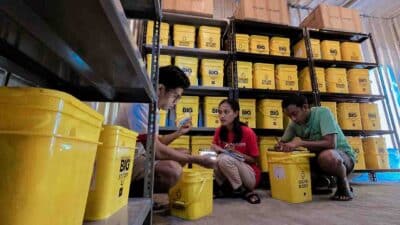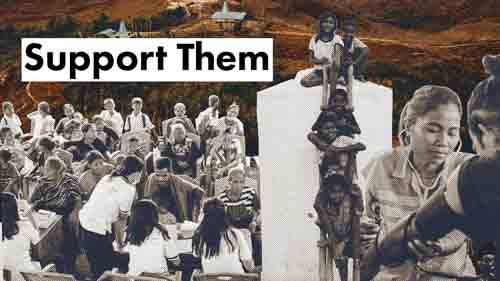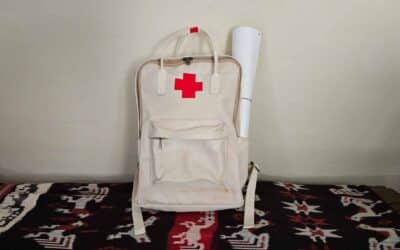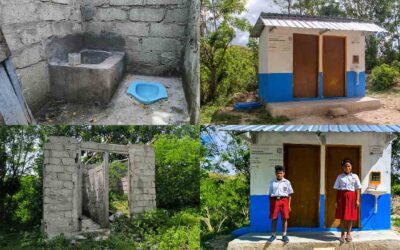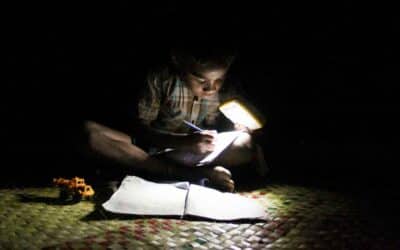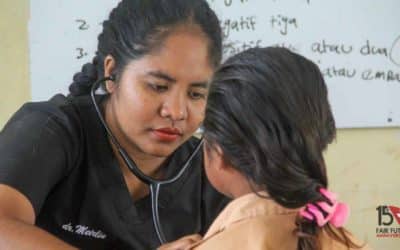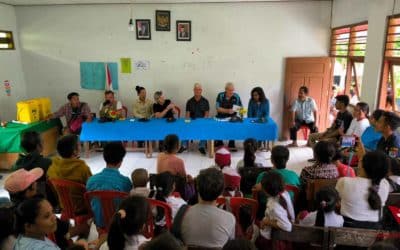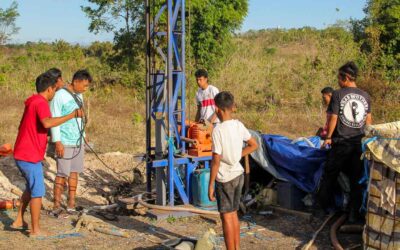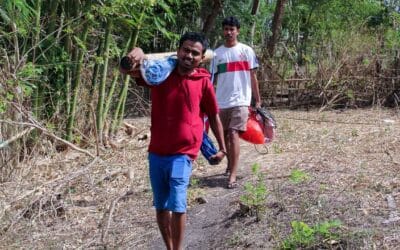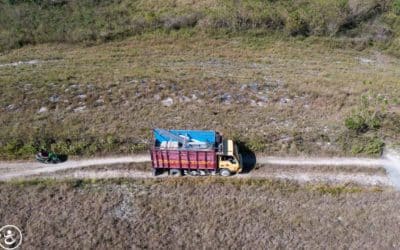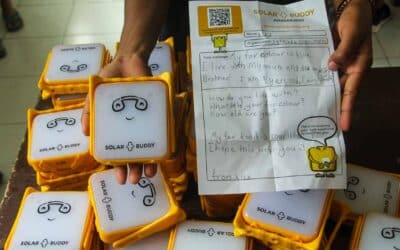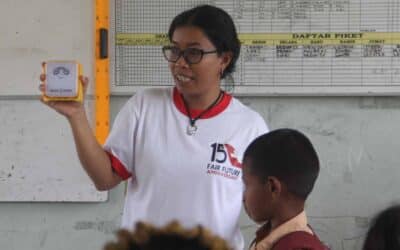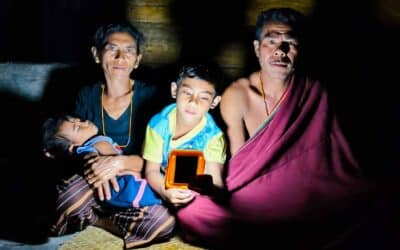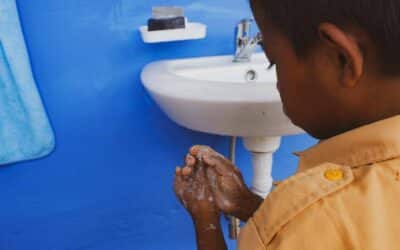Through the Primary Medical Care program, Kawan Sehat health workers provide treatment for fevers, wounds, and malaria in villages lacking access to doctors. They carry essential medicines, adhere to established medical protocols, and refer emergency cases promptly to prevent delays in care.
Donate
Support Care
Programs
All projects
Quick News
Field updates
Stories
Field stories
Welcome to the Fair Future News! Our teams have crafted each article, story, and update.
These pages showcase unique content reflecting our mission, work, and community interactions.
True stories. Real people. Humanitarian action in motion.
Here you’ll find stories from the field—100% real, 100% original. Every article is written by us, by those who live these moments, walk these roads, and treat these illnesses. We write them by hand, after the long days, often from tents or remote villages, because we believe in showing what’s real.
The people, the lives, the wounds, the repairs—this is not fiction. This is our daily reality in ultra-rural Indonesia. Every photo is taken by us. Every word comes from those who act. From emergency responses and clean water to child health and malaria cases, these stories reflect both the daily struggles and the incredible strength of those we serve.
Our News page is more than just updates. It’s a record of direct action. A collection of emotions, medical cases, construction progress, and social encounters. We don’t write for clicks—we write for those who care, those who want to know, and those who support our mission.
It’s raw, human, sometimes difficult, but always true. Read them, share them, let them move you. This is how change begins—with knowledge, emotion, and connection.
Alex Wettstein – Fair Future Foundation – Updated in June 2025
Your donation becomes real medical care
Help us reach the unreachable. Every franc you give funds medicines, dressings, tests, and clean water to prevent sickness. It powers solar lights for cold vaccines and night care. It keeps Kawan Sehat agents and Fair Future teams travelling hours to remote villages without doctors or clinics.
Our latest articles
Sustainable Backpacks for Medical Kits by Fair Future
For our #PrimaryMedicalCare program, the Swiss Foundation has decided to replace plastic medical kits with sustainable and eco-friendly backpacks made from recycled materials. These sturdy bags can store and transport all the necessary medical equipment. Decorated with a simple red cross, it is also our way of paying tribute to the ICRC.
Transforming Unsafe Spaces into Healthy Environments
It is absolutely crucial to transform unsanitary school toilets into clean and hygienic...
Empowering 2,000 Families with Solar Lights in East Sumba
In 2024, we’re working on distributing 2,000 SolarBuddy solar lamps to 2,000 children and families, and 2,000 homes across East Sumba. These villages and schools have no electricity. This project, in collaboration with SolarBuddy, Kawan Baik and Rotary International, will bring light to homes and schools.
#PrimaryMedicalCare program is evolving in August 2024
After two years of uninterrupted success, our #PrimaryMedicalCare program is evolving in August 2024. With a stronger focus on advanced training for Kawan Sehat health agents, we aim to meet the immense healthcare needs, covering 20 of East Sumba’s 22 districts, and ensuring medical supplies for the next 12 months.
On August 2, the board of directors held its annual meeting
The Board of Directors held its annual meeting on 02.08.24, approving the 2023 accounts and ongoing projects. All members were reappointed, and Alex and the teams received congratulations from the Board. The Swiss Confederation approved the accounts and praised our excellent work.
Laindatang Deep Well Testing, Hope for Clean Water
Fair Future continues its groundbreaking work in Laindatang, one of the driest regions in the world. During this crucial test phase of deep well drilling, the goal is to provide access to vital water for over 600 people, including many children. Our team is dedicated to ensuring that these remote communities can flourish through improved health, nutrition, and hygiene.
We are testing the Laindatang drilling
We purchased a pump to test at the Laindatang drilling site for the Water Connections Phase 3 project. Over the past three days, we’ve been testing the pump to determine if the water flow is sufficient for 600 people after six months of drilling.
We are going to buy a used truck quickly
We are in the process of acquiring a second-hand truck for our upcoming field activities to transport medical supplies and construction materials. This vehicle will play a vital role in supporting our ongoing socio-medical initiatives.
SolarBuddy lamps and letters connect two worlds
Children from countries including Australia and the United States assembled the solar lamps that...
Teaching kids how SolarBuddy lights can change their lives
Ayu from the Fair Future and Kawan Baik Indonesia is demonstrating how SolarBuddy lamps will...
SolarBuddy Lamps: Transforming Lives in Rural Indonesia
SolarBuddy lamps are making a difference in the lives of people living in remote areas of...
Final Report: Laindatang Water Connections Phase 2
After completing Phase 2 of the Laindatang Water Connections, we have successfully provided clean water and improved health in Laindatang. This initiative has significantly upgraded their quality of life by reducing infectious diseases and promoting healthier lifestyles. Our comprehensive report details infrastructure progress, healthcare education programs, and ongoing efforts for a sustainable well-being future in this area.



